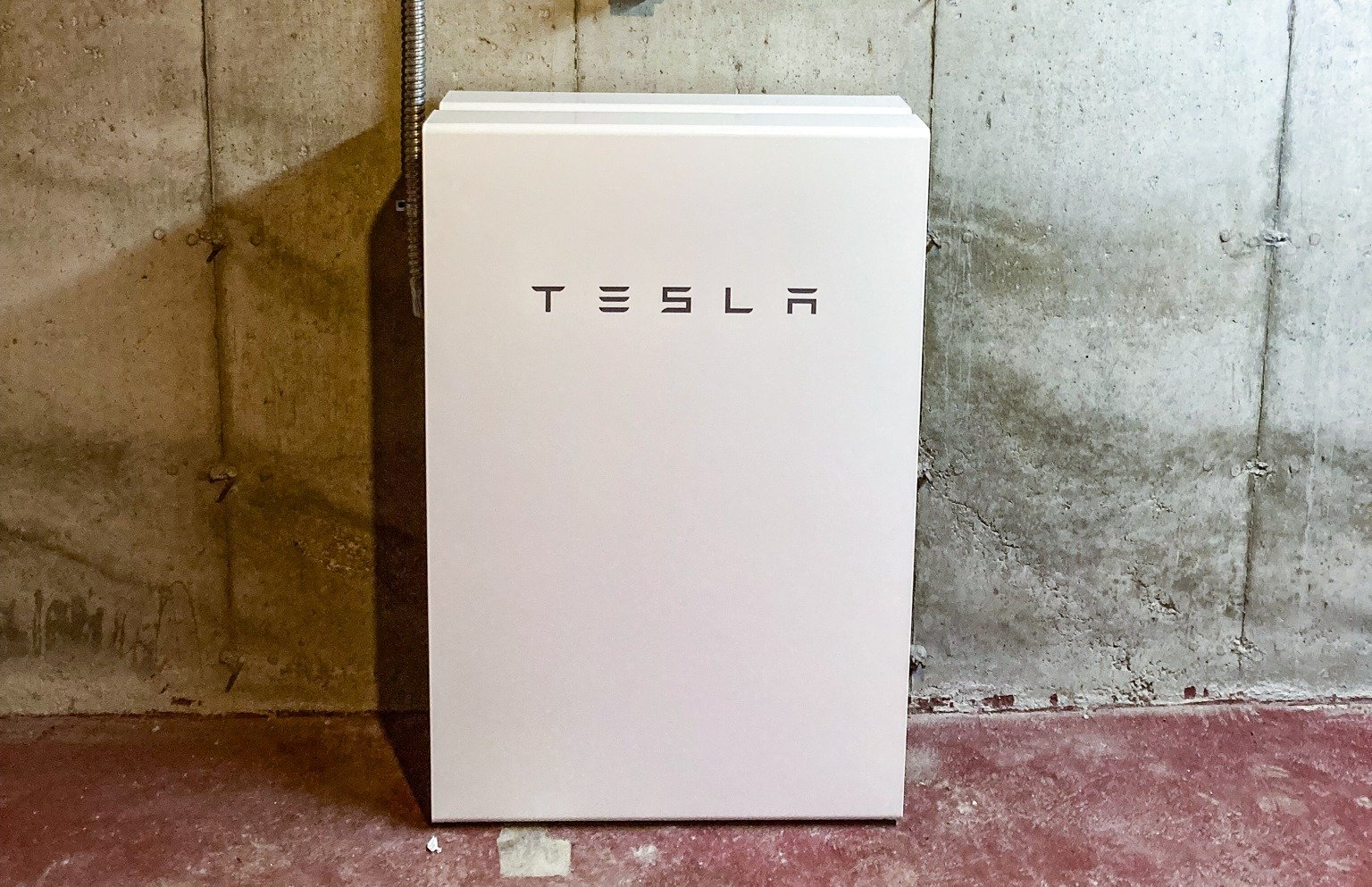
If you’ve been researching battery backup options, we bet you’ve come across more than one photo of a Tesla Powerwall or other energy storage option hanging in a garage or outside in a modern carport. That may work in cozy climates like southern California, but in chilly New Hampshire, that isn’t going to fly. Here is the breakdown of why we are selective about where to store your solar battery bank.
Can Solar Batteries Be Stored Outside?
Conceptionally, yes. Consider the rating system on the battery backup storage Granite State Solar prefers to use, the Tesla Powerwall. Tesla Powerwalls have been tested to see how well they block foreign objects, small sediment, and moisture. Overall, they rate highly for quality and resilience against environmental degradation, so on paper, yes, they are considered “outdoor rated.”
Keyword: “overall.” Anyone who has lived in New Hampshire knows that our winters aren’t your run-of-the-mill winters. Due to the cold temperatures we experience, Granite State Solar has found that it is not ideal to place a solar battery outside. Due to national fire code requirements applied in New Hampshire, often leaving our best option for a backup battery system is a fire-rated utility room or garage. Although not a climate-controlled area, garages tend to remain 18 degrees warmer than the external temperature. There will be a very small decrease in the efficiency of the system. That being said, you will still be able to depend on your system during any Nor’Eastern that may take you temporarily off the grid.
Learn About How to Use a Solar Backup Battery
Why Cold Batteries Aren’t Ideal
Batteries will operate just fine down to below freezing, but after that, the Powerwall uses some energy to keep itself warm. Because this does reduce battery efficiency, Granite State Solar does not recommend installing batteries outside.
Where to Store My Solar Battery Bank
It will always be best practice to protect your Battery Powerwall from the freezing temperatures we experience in New Hampshire.
In a perfect world, we will first recommend placing your solar backup battery in a climate-controlled area, like a basement or heated garage, but there can be fire code considerations to factor in.
Granite State Solar’s General Manager, Ben Soucy, explains the thin line we walk when deciding the safest and most efficient area to place your system: “Adoption of energy storage systems in New Hampshire is ramping up quickly and as such many towns and inspectors are gaining a better understanding of the code requirements.”
“That being said,” he continues, “it is still evolving in the state, and we promote the best, most compliant options for meeting those codes. A small, dedicated room in your basement or a safe spot in your garage is likely the best location as these areas can easily meet the National Fire Code requirements often enforced.”
If fire code restrictions prevent the placement of your system from being in a climate-controlled area, any enclosed structure will be our next best option. Granite State Solar’s main priority is your safety and ensuring you receive the highest battery performance and lifecycle for your investment.
Read More on Battery Backup for Solar Panels: What to Know
—Lilly Baron



